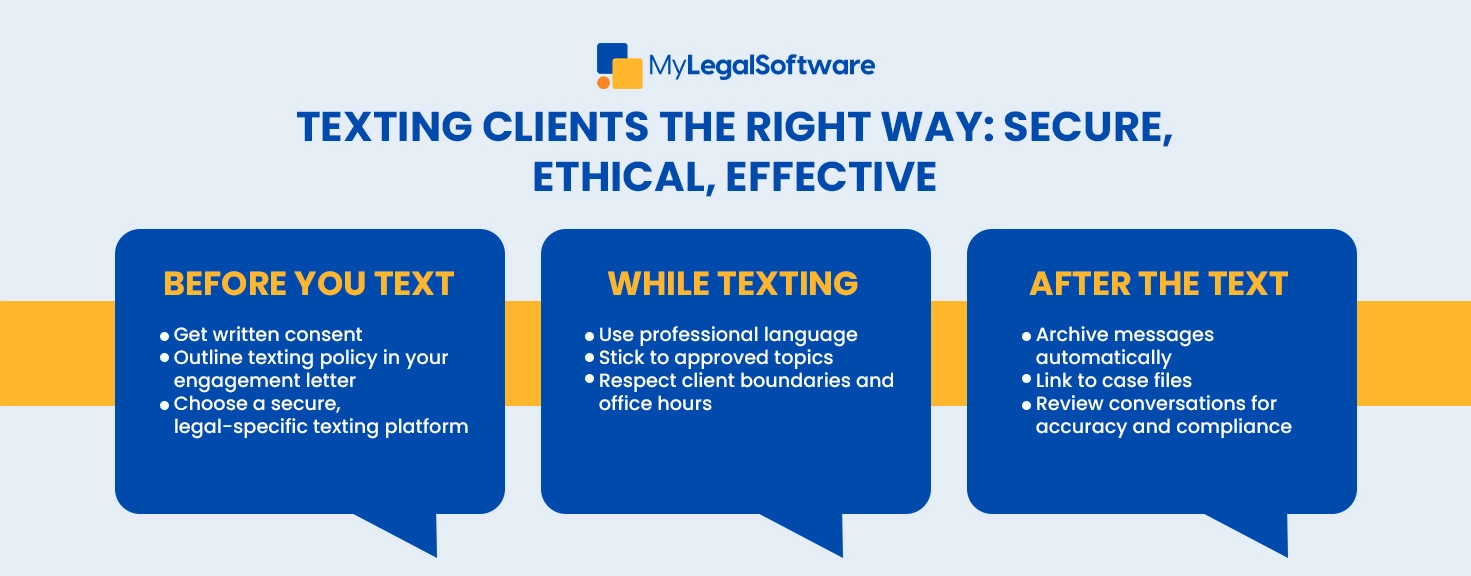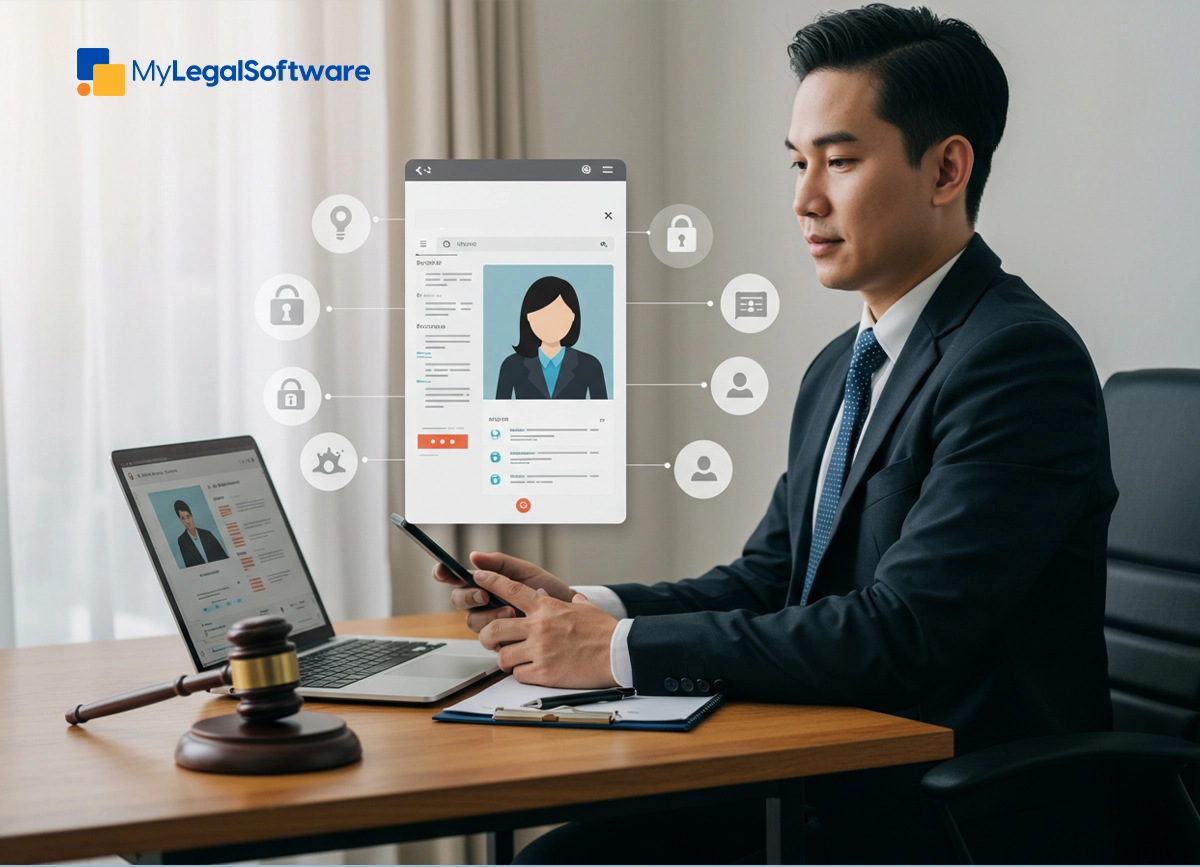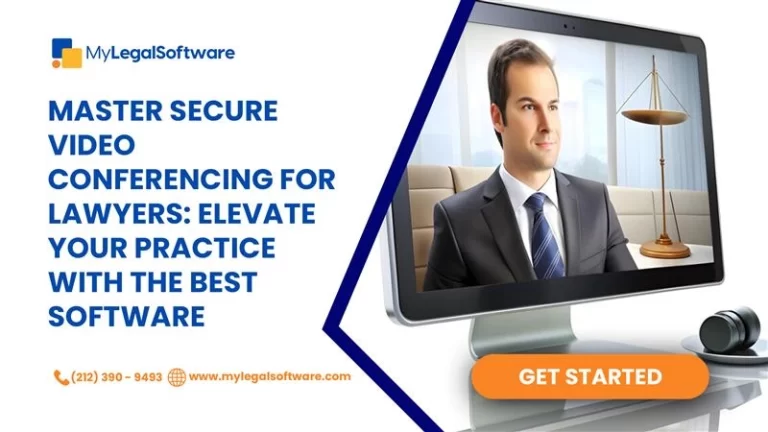In today’s fast-moving, mobile-first world, the way lawyers communicate with clients is fast changing. Long gone are the days when emails and office visits were the only acceptable forms of contact.
In 2025, more legal professionals are embracing client texting as a legitimate and even essential part of their practice. In this guide, we’ll explore the benefits, risks, best practices, and tools lawyers need to text clients effectively, ethically, and securely.
The Evolution of Client Communication in the Digital Age

As technology evolves, so do client expectations. In nearly every industry, people have grown used to receiving quick responses and instant updates. For law firms, this shift means one thing: adapting to meet those expectations.
Clients no longer want to wait days for a return call or comb through email threads to find a simple update. Texting offers the kind of convenience and urgency that today’s clients expect. For modern law firms, texting isn’t just easy; it’s a competitive advantage. It’s not just about being responsive. It’s about staying relevant.
MyLegalSoftware makes it easy for attorneys to manage cases, communicate securely with clients, and automate daily tasks—all in one platform. Built specifically for law firms, it saves you time, keeps you compliant, and improves client satisfaction.
Why Lawyers Are Texting Clients More Than Ever?
Texting isn’t just convenient; it’s effective. Clients generally manage appointments, reminders, and even contracts from their phones. That same behavior is reshaping legal communications. Law firms that embrace texting are often seen as more responsive, modern, and client-friendly.
Here’s why:
- Clients expect quick responses – A text feels faster and more direct than an email.
- It’s more personal – Clients feel like they’re being looked after.
- It saves time – A quick message can avoid a drawn-out game of phone tag.
- It keeps clients engaged – Updates via text lead to fewer missed meetings and better satisfaction overall.
In short, texting improves both client experience and operational efficiency.
Benefits of Texting Clients
There are clear advantages to adding texting to your client communication toolkit as a lawyer:
- Convenience: Clients appreciate the ability to communicate without logging into email or making a call.
- Faster Response Times: Texts are read within minutes on average, far faster than email.
- Client Satisfaction: Clients feel more connected and cared for when updates are delivered in real-time.
- Scheduling Made Easy: Appointment confirmations, reminders, and rescheduling can happen seamlessly.
- Record-Keeping: With the right software, texts can be saved and organized.
- Better Retention and Referrals: Happy clients are more likely to return—and recommend your firm.
For lawyers, the benefits aren’t just operational. Improved client relationships often translate into improved outcomes and greater trust.
Risks and Ethical Considerations
Despite its convenience, texting with clients isn’t risk-free. Lawyers must remain aware of the ethical and legal implications:
- Confidentiality and Security: Texting over unsecured networks can expose sensitive data. Encryption and secure platforms are non-negotiable.
- Client Consent: Always get consent before texting and outline what types of information will be shared via text.
- Risk of Miscommunication: Tone can be misread in brief texts. Always clarify complex points via a secure call or platform.
- Professional Boundaries: Texting can blur work-life lines. Set expectations for response times and office hours.
- Jurisdictional Ethics: Check ABA guidance and your state bar’s rules. Many jurisdictions require that all communications be properly archived.
Best Practices for Lawyers Texting With Clients
Texting clients doesn’t mean being casual or careless. Here’s how to do it professionally:
- Get Informed Consent: Before texting, obtain the client’s permission in writing, ideally in your engagement letter.
- Use Legal-Specific Platforms: Avoid using personal phones or generic messaging apps. Choose tools that archive, encrypt, and integrate.
- Set Boundaries: Inform clients of your texting policy, including acceptable hours and when you’ll respond to texts.
- Document Everything: Ensure all text exchanges are saved, time-stamped, and linked to the appropriate case file.
- Use Templates: Create standardized responses for reminders, check-ins, and FAQs to maintain consistency and professionalism.
Done right, texting can build trust and keep your practice running smoothly.
Choosing the Right Tools for Secure Lawyer-Client Texting
To text clients effectively, attorneys need tools designed with security, compliance, and convenience in mind. Here’s what to look for:
- End-to-End Encryption: Protect messages from interception.
- Automated Archiving: Ensure all texts are saved and searchable for compliance.
- Case Management Integration: Link messages directly to case files.
- Message Templates & Automation: Streamline routine communications like reminders and status updates.
- Client Portals: Offer clients a secure environment to access messages and documents.
Many modern legal platforms now include texting features, each varying in price, functionality, and integrations. Be sure to evaluate tools based on your firm’s size, practice area, and regulatory needs.
How MyLegalSoftware Helps Attorneys Text Clients Securely?

MyLegalSoftware (MyLS) provides an all-in-one solution for law firms looking to text clients without compromising security or compliance. Here’s how:
- Integrated Messaging Tools: MyLS includes built-in text messaging functionality tied directly to case files.
- Secure Client Portal: Clients can read and respond to messages securely within the portal—no third-party apps are required.
- Automated Messaging: Set reminders, updates, and status alerts to go out automatically.
- Compliance Built-In: All messages are encrypted, archived, and audit-ready to satisfy ABA and local bar guidelines.
- Mobile Access: Lawyers can send and receive messages securely from anywhere.
- Unified Platform: Texts, calls, documents, and billing are all in one system—no switching apps or juggling devices.
This integrated and secure setup helps law firms improve client communication while maintaining the ethical and legal standards expected. Try MyLegalSoftware free for 14 days and see how secure client texting and case management can transform your practice.
Final Thoughts
Texting is no longer a strange communication method for lawyers; it’s quickly becoming the norm. But convenience shouldn’t come at the cost of compliance. With the right tools and practices in place, your law firm can embrace texting to meet modern client expectations while protecting sensitive information and preserving professionalism.
Communicate smart. Communicate securely. Communicate effectively. MyLegalSoftware offers all you need for client communication and more — offering secure, integrated texting built specifically for law firms so you can meet client expectations without compromising on security or professionalism.
Frequently Asked Questions
Is it ethical for lawyers to text clients about their case?
Can client-lawyer text messages be used as legal evidence?
What’s the safest way for a law firm to send text messages to clients?
Should lawyers use their personal phone numbers to text clients?
How can law firms archive text messages for legal compliance?
Are there any platforms specifically built for lawyers texting clients?
Yes, as long as the messages are secure, archived, and client consent has been obtained. Many jurisdictions support this form of communication under regulated conditions.
Yes. Text messages can be admissible in court if properly preserved and relevant to the case.
The safest approach is using a legal-specific texting tool with end-to-end encryption and automated archiving.
No. Personal phones lack security, archiving, and separation of professional boundaries. Always use a dedicated, compliant system.
Use platforms that automatically log and store messages with date, time, and client association. Manual tracking is prone to error and noncompliance.
Yes. Many legal tech platforms, like MyLS, offer secure, compliant texting options—especially those designed for law firm case management.








